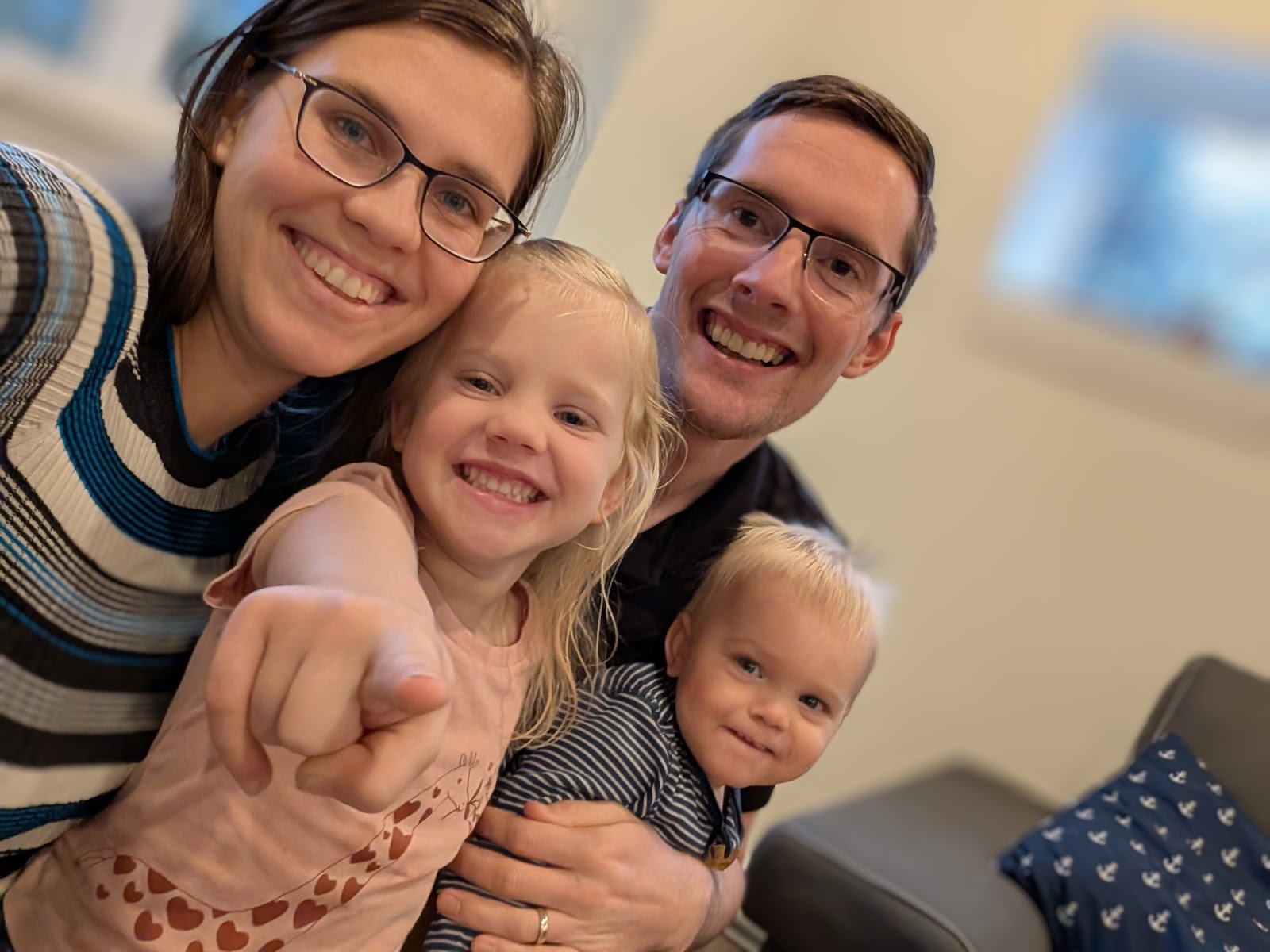When we hear about tragedies around the world, we are often affected emotionally, but cannot truly relate to what it would be like to experience them. Here in our little bubble of "Beautiful British Columbia" we are typically the givers rather than receivers of aid. It is amazing how quickly the tables can turn. Only a few months ago, we were praying for rain to stop the devastation that monstrous forest fires were causing around the province. Now we are praying for the rain to stop as flooding literally creates rivers where roads should be. In July we had no rain; last week, we had a month's supply of rain in two days.
Stores with empty shelves and gas stations with empty pumps is not something we have ever experienced. We are so used to being connected, that as soon as our supplies are cut off for even a brief period of time, panic surfaces. What if this connectedness or easy access was not something we could ever take for granted?
As you may know, we recently found out that we will be serving with MAF in Papua New Guinea. Since then, we have been building up a team of supporters by sharing about the work that we will be doing. In Papua New Guinea, there are no roads connecting remote villages to essentials like hospitals and schools. Think of the isolation that we felt here as we were not able to purchase groceries, gas, or drive to a neighbouring city -- and then imagine that being the norm.
I don't want to downplay the devastation that this flood has caused for so many here in BC. But as we continue to share about Papua New Guinea, I hope that it can give all of us some perspective. A sense of what it feels like to live in isolation, dependent on airplanes and helicopters for the basic necessities of life. In the remote villages of PNG, where access to a doctor is sometimes impossible, an MAF airplane can and often does make a difference between life and death.
So as you move on beyond your own short-term experiences of isolation, I encourage you to continue to remember and pray for the people around the world who cannot move on. However, prayers are also necessary for the people that are working to create bridges and offer lifelines that connect isolated individuals with other communities and services. Even though we know it will not be easy, we feel privileged to be able to be a part of this work that aims for transformation of isolated people.




No comments:
Post a Comment